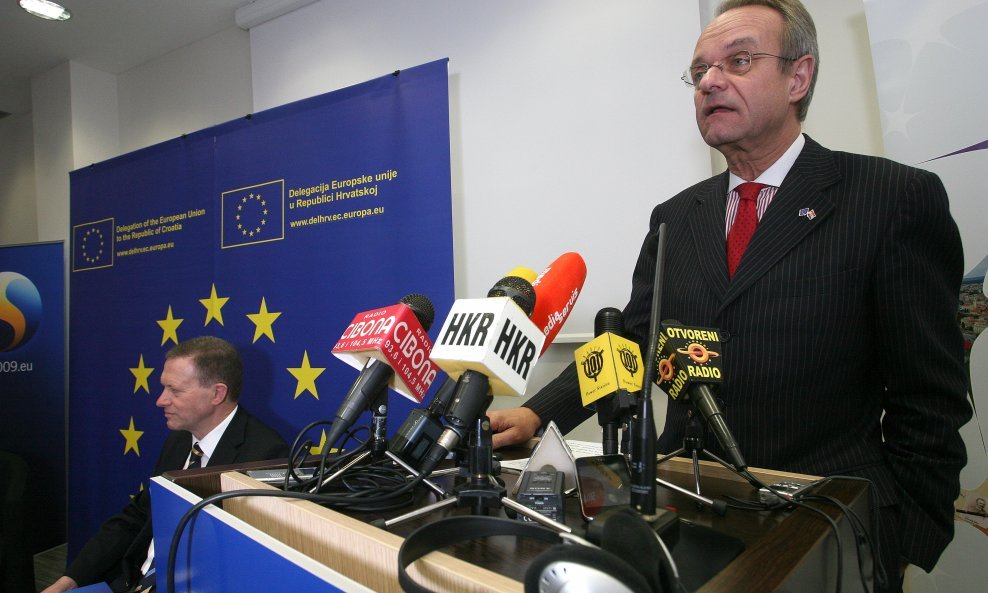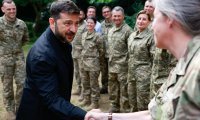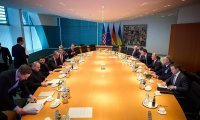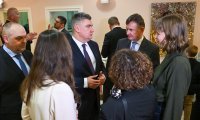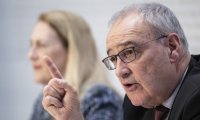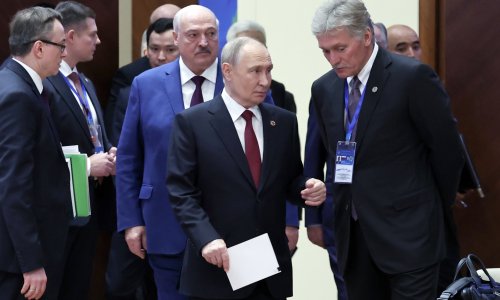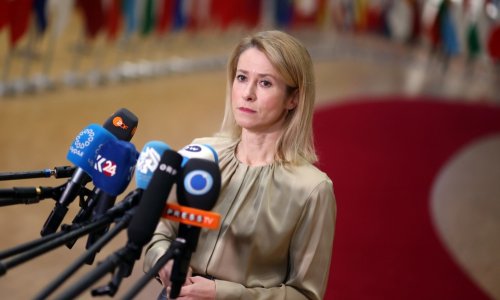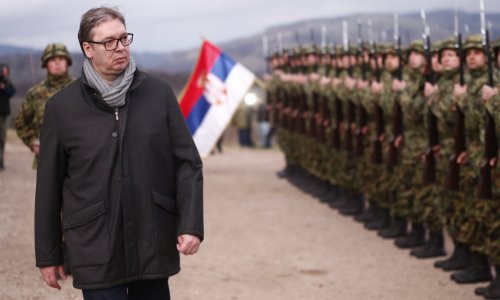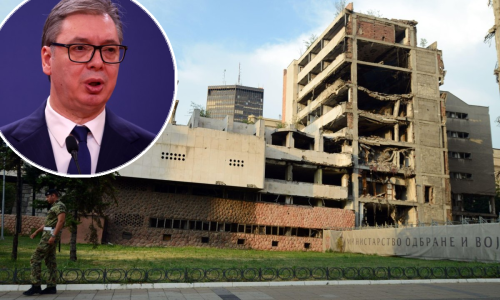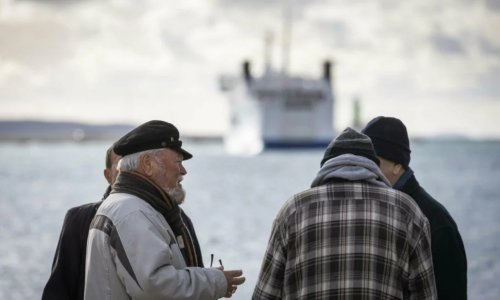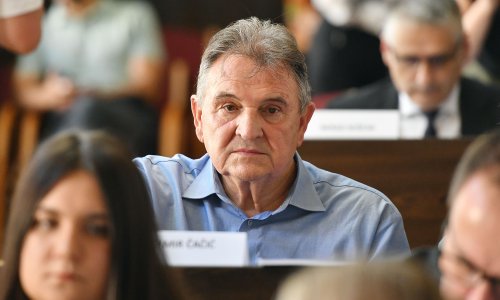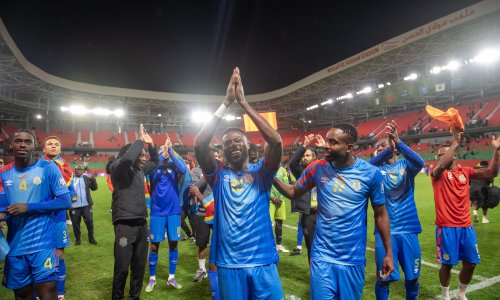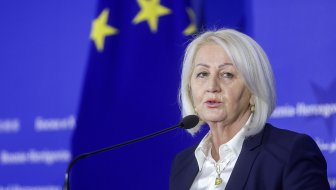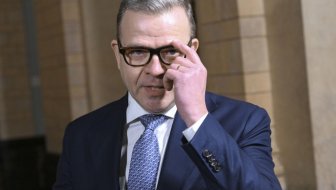The head of the Delegation of the European Union to Croatia, Ambassador Paul Vandoren, said in Zagreb on Thursday he was confident that Croatian citizens would support the country's accession to the EU at the January 22 referendum.
Croatia will hold a referendum on the ratification of the Accession Treaty on 22 January. I am confident Croatian citizens will vote for EU entry and support the campaign carried out by the Croatian government and the Delegation of the European Union, Vandoren told a news conference on the occasion of the beginning of Denmark's six-month rotating presidency of the EU, which was also attended by Danish Ambassador to Croatia Bo Eric Weber.
Vandoren reiterated that signing the Accession Treaty in Brussels on December 9 was an exceptional event for both Croatia and the EU.
Croatia has shown that it has met the strict enlargement criteria and it will join the bloc as the 28th member on 1 July 2013 on condition Croatians vote "yes" in the referendum and the ratification (of the Accession Treaty) in the member-states goes smoothly, Vandoren said.
Asked if the Accession Treaty with Croatia would be ratified in Denmark during Danish EU presidency, namely by 30 June, Ambassador Weber said the practice was for such a process to last less than three months, and that it was very possible for the Treaty to be ratified in Denmark by then.
Vandoren stressed that Croatia needed to continue preparations for EU membership, adding that the European Commission and the Delegation of the EU would continue to support the new Croatian government.
He stressed the European Commission would monitor final preparations for Croatia's EU membership, reiterating that the remaining priorities were Chapter 8 on Competition Policy, Chapter 23 on the Judiciary and Fundamental Rights and 24 on Justice, Freedom and Security.
Vandoren added that as of the start of 2012 Croatian representatives would be active observers at European institutions' meetings so that they could get acquainted with EU work methods.



